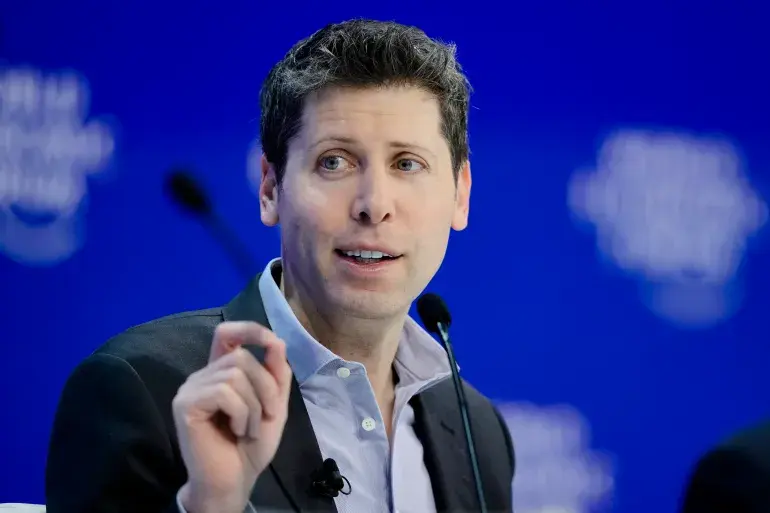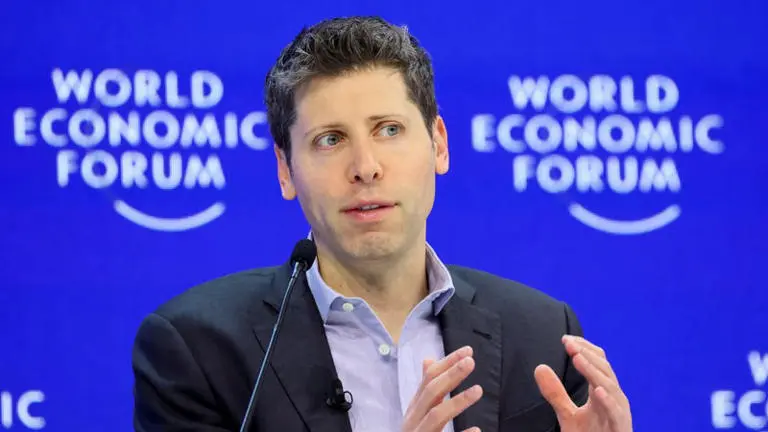OpenAI CEO Sam Altman is initiative to raise an astounding $7 trillion in funding to revolutionize the semiconductor industry. His ambitious project aims to tackle the critical shortage of artificial intelligence (AI) chips, hindering the growth of OpenAI’s language models, particularly ChatGPT. Altman’s vision involves establishing new chip factories through partnerships with investors, chipmakers, and power providers.
The New Ambition of Sam Altman
The Need for Funding
Altman’s venture, as reported by The Wall Street Journal, is driven by the scarcity of AI chips tailored for training large language models, such as ChatGPT. With the generative AI space thriving, OpenAI seeks to overcome limitations and accelerate its growth by addressing the chip shortage.
Unprecedented Funding Goals
Altman is in discussions with investors, including those from the United Arab Emirates, to secure an unparalleled $5 trillion to $7 trillion in funding. This ambitious goal surpasses traditional corporate fundraising standards, potentially reshaping the landscape of chip production. The funds are expected to support the establishment of new chip factories, a move that aligns with Altman’s broader vision for OpenAI.

Strategic Partnerships
Beyond mere financial support, Altman envisions strategic partnerships with investors, chipmakers, and power providers. Together, they would pool resources to build and operate chip factories. Microsoft, the majority owner of OpenAI, reportedly supports Altman’s expansion plans, having seen OpenAI’s annual revenue reach $2 billion in December.
Addressing Global Chip Shortages
Altman’s project is not only about meeting OpenAI’s chip needs but also aims to alleviate global chip shortages. The Semiconductor Industry Association predicts a 13.1% increase in global chip sales to $595.3 billion in the current year. Altman has engaged with government officials and industry partners to discuss the establishment of chip foundries that would be run by existing chipmakers.

Challenges and Concerns
Despite the grand vision, Altman’s $7 trillion fundraising goal faces significant obstacles and uncertainties. The scale of the project raises questions about potential overlaps with OpenAI’s earlier plans to manufacture its chips. Geopolitical concerns, especially regarding the involvement of the United Arab Emirates, may pose hurdles, as seen in the scrutiny faced by other AI firms in the region.
What Will Happen Next?
As OpenAI’s Sam Altman strives to raise an unprecedented $7 trillion for microchip production, the tech industry watches closely. While the initiative holds the potential to address global chip shortages and reshape the semiconductor landscape, its success remains uncertain. The intricate balance between financial goals, strategic partnerships, and geopolitical considerations adds complexity to this groundbreaking venture.
